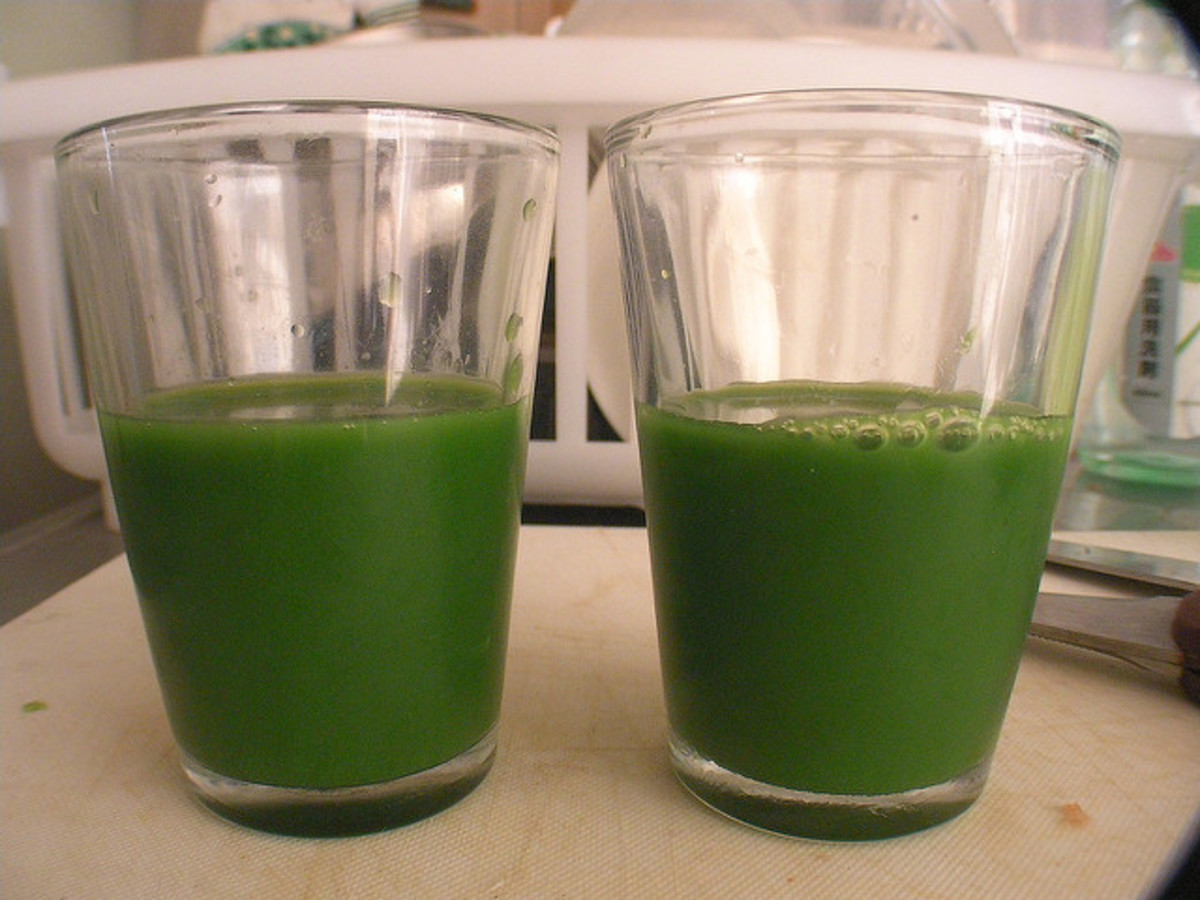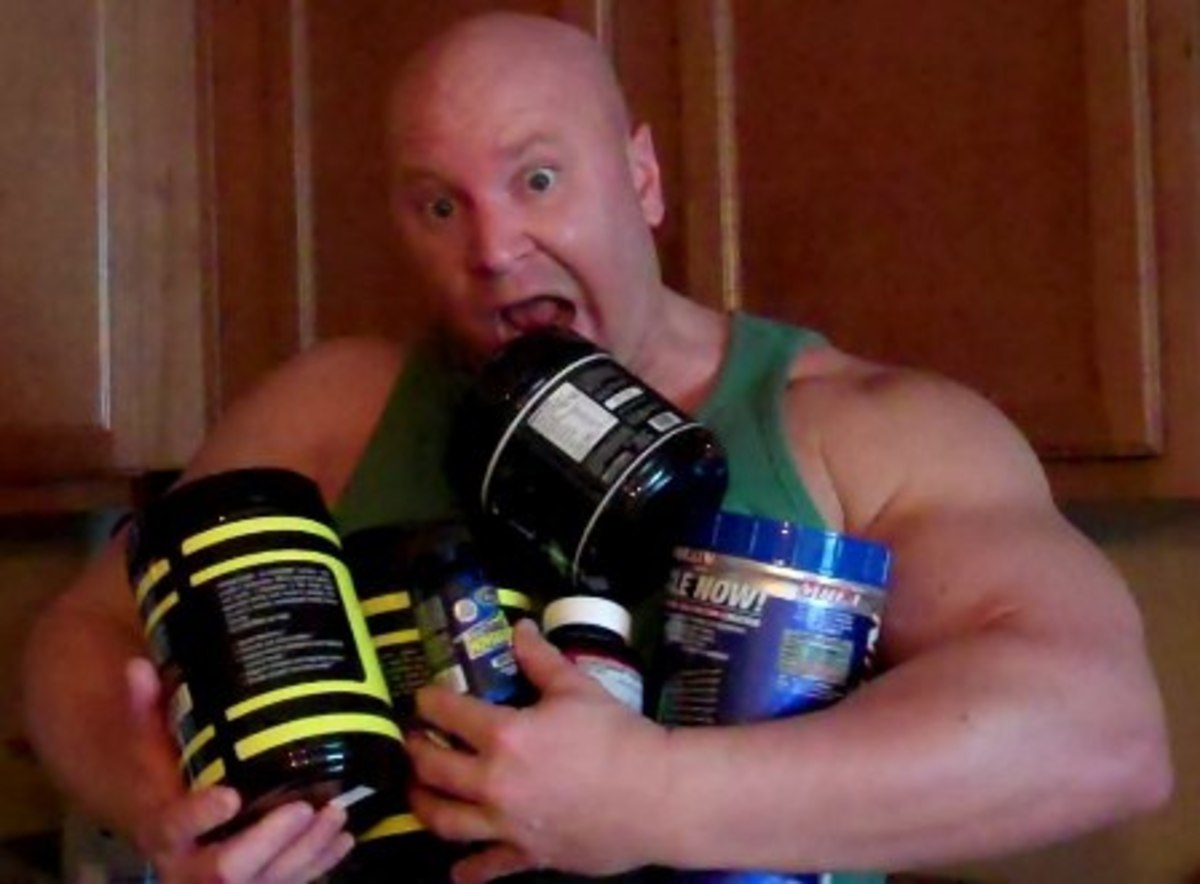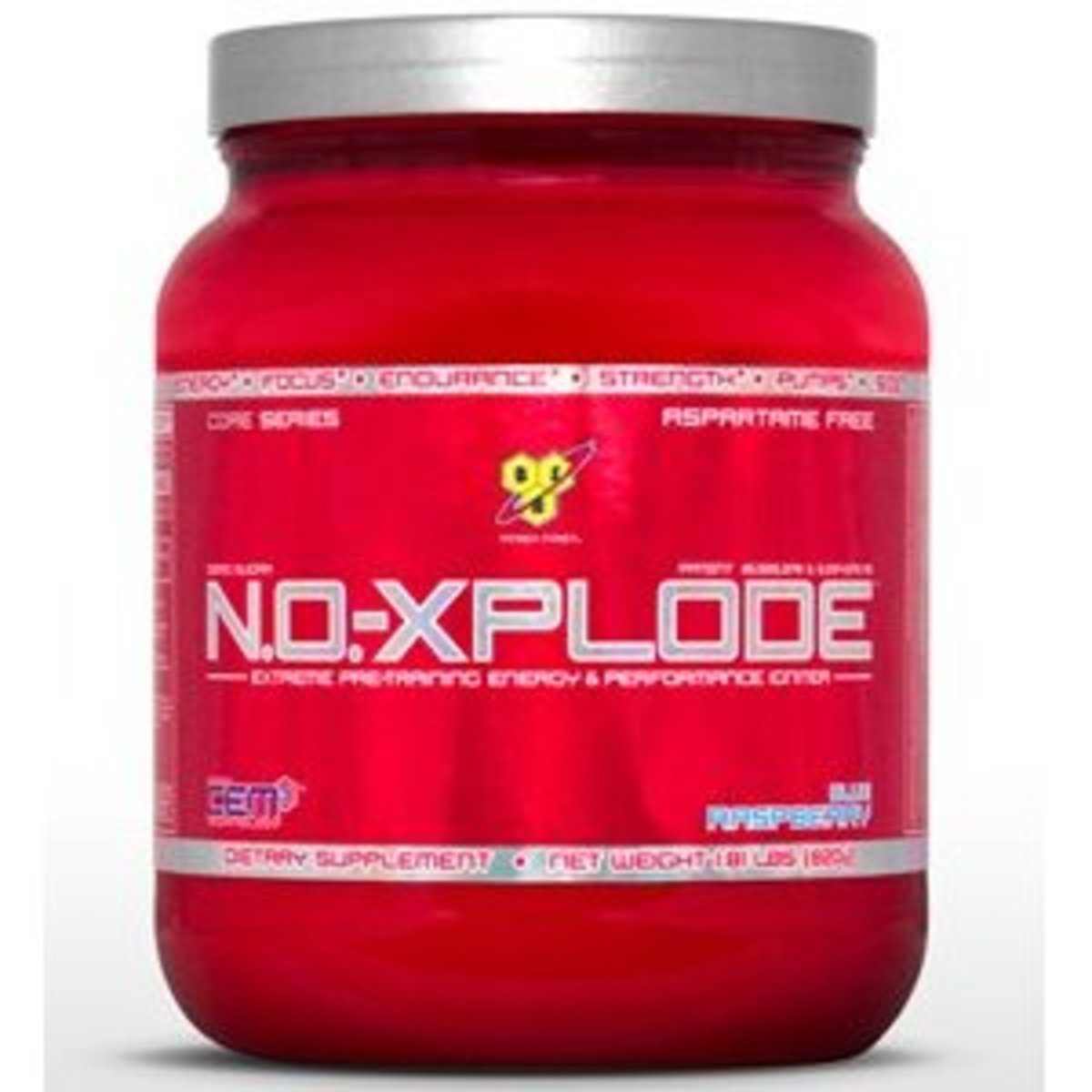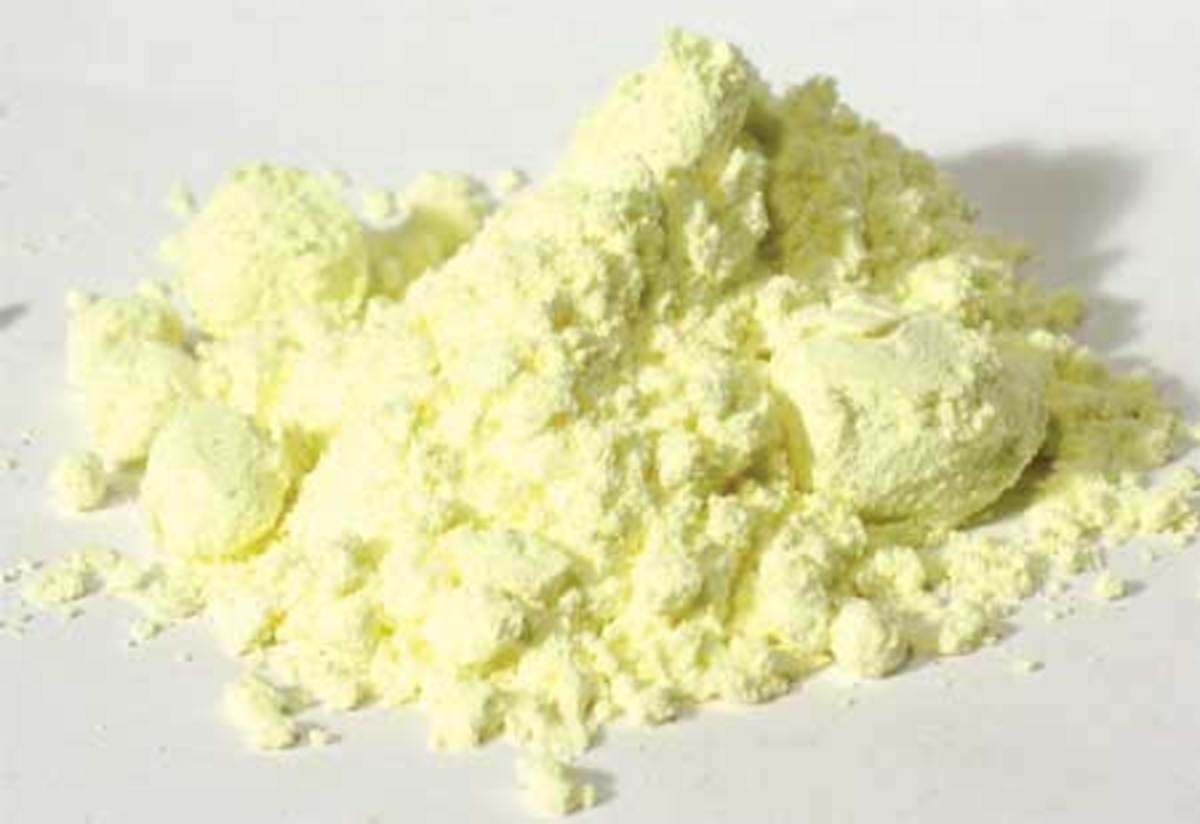Supplements That Raise Your Energy Levels
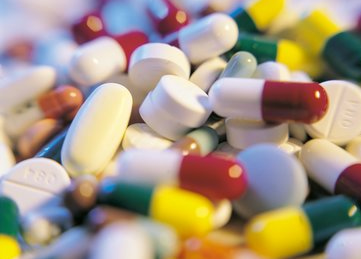
What type of supplements really spur you to action?
You have a great number of choices in energy supplements. But what supplements can offer you the right result, beat tiredness and low energy?
Go for a walk in a supermarket, and you will likely see that Americans have been in the grip of an energy disaster. You can find the thousands of energy supplements, bottle of energy drinks, and stands of energy bars beside a check-out counter.
Energy supplements has emerged as one of the fastest-growing types of supplement. And that’s because absolutely everyone regardless you’re a man or a woman, young or old needs extra energy.
Either it’s true or not, it certainly feels like life is way more demanding than it once was. For anyone always active, the thought of an energy tablet is convincing.
But do they really produce the energy you need? Health specialists are often cautious. A number of energy supplements can be helpful to some people only to an extent. Yet, you need to determine what you really need. Otherwise, a visit to the supplement shop will cost you hundreds of dollars poorer and still make you crappy.
Here’s some of the most widely used ingredients in energy supplements - what will surely help and what isn't.
Choosing the energy supplements you need
Before you start flooding your shopping basket with items that contain energy in the brand, think about what the term really suggests. What kind of energy you really need?
The understanding of energy is based very much on the context. Perhaps are you a first-class athlete, a runner aiming to cut seconds off your best time? Or are you an ordinary individual just wanting to finish a full movie without falling asleep? The type of energy supplement that may help the athletes may do nothing for the ordinary people.
The contents usually do not explain much. You’ll see hundreds of stuffs, starting from the ordinary (caffeine) to the exotic (kola nut) to the confusing (coenzyme Q10). Unless you’re a certified herbalist or a chemist, it’s difficult to understand what most of them basically do.
To help make the things less complicated, energy supplement ingredients must be group into 3 types: stimulants, which increase the metabolic process; ingredients that affect metabolism - particularly how the cells obtain energy from nutrients and calories, the primary energy source of our body to function properly. They operate in totally different ways, however many energy products will add these ingredients from all 3 types.



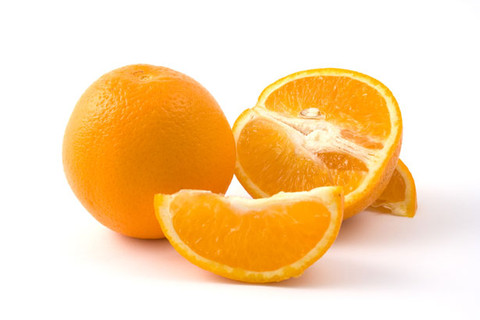
Stimulants
- Caffeine
- Organic sources of caffeine and similar elements like yerba mate, betel nut, kratom, guarana, and kola nut
- Green-tea (contain caffeine)
- Capsaicin (red pepper)
- Asian Ginseng
- Sour Orange (specifically, the ingredient synephrine)
If you’re feeling sleepy after lunch, what you really need is a stimulant. And for any of the herbal remedies and amino acids offered as energy supplements, certainly one of the most effective stimulants can be the most common: caffeine.
Caffeine is a popular ingredient in just almost any product promoted for energy boost. And although an energy drink likely have 25 added ingredients, the one that truly kicking is caffeine. The amount of caffeine just swamps all the rest.
There’s pretty decent proof that caffeine can temporarily improve mental concentration and, in athletes, help deter exhaustion.
However certain products are considered organic substitutes to caffeine, many in fact contain caffeine itself or comparable substances that feature similar effects. Examples of these are kola nut, mate, and guarana. Green teas also have a good amount of caffeine and a related substance, theophylline, along with the antioxidant epigallocatechin gallate ( EGCG ). It may be possible that, due to these distinct compounds, green tea sometimes have peculiar effect on mental and physical energy.
Asian ginseng is not secondary to caffeine, but it is often be used as a mild stimulant. Can it aid in boosting energy? There’s plenty of traditional use of the various types of ginseng as supplements. And a good quantity of medical research data is available for the 3 major ginseng types and their effects on mental and physical condition. For example, the benefits of Siberian ginseng ( eleutherococcus senticosus, generally referred to as eleuthero ) were tested in the Russian cosmonauts. The effects showed that there are several benefit to stamina levels and physical energy. Capsaicin the ingredient that causes chili peppers hot is often used for its asserted stimulant qualities, but better for a metabolic improvement than for apparent benefits in physical or mental energy.
Sour orange, an extract from the skin of various citrus types unlike the one that is used for typical orange juice, is also an energy supplement not related to to caffeine. Though it hasn't been researched substantially, several researchers are concerned about its potentials risks. Its active ingredient synephrine is a chemical very much like ephedrine, the active ingredient in ephedra, which was remove from the market in 2004 due to its serious health risks. A few preliminary studies have details relating to heart and vascular implications with the use of bitter orange. Bitter orange is a less risky successor to ephedra, but more studies have to be done.
Important thing: Can these types of supplements increase daily need for energy? Certainly. Stimulants like these can stimulate your metabolic rate for some time and offer you a support. Are their effects better than or perhaps different from what you’d gain from one serving of coffee? Probably not.
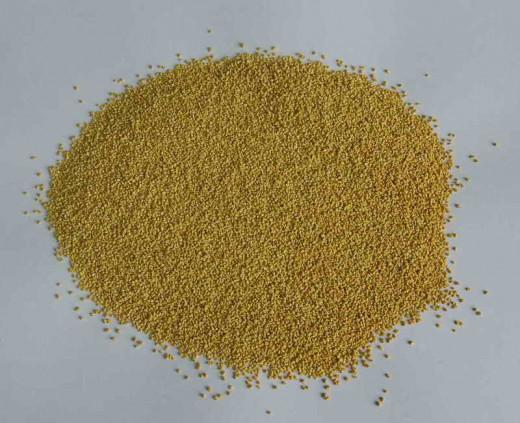
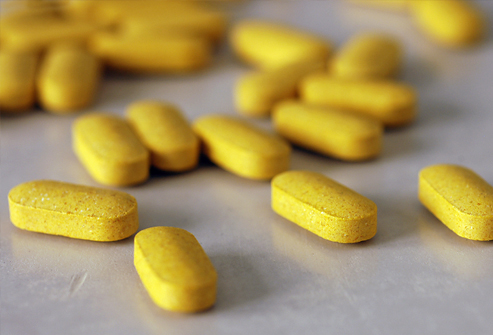
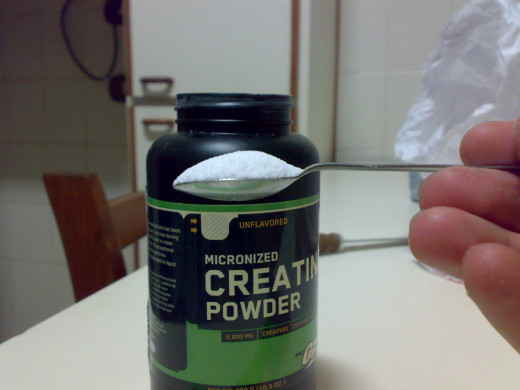
Substances that affect energy absorption
- Coenzyme Q10 (CoQ10)
- B vitamins, like vitamin B6, vitamin B12, niacin, folic acid, thiamine
- Creatine, carnitine, and amino acids like tyrosine, lysine, cysteine, phenylalanine, taurine, valine
A lot of energy supplements come from the nutrients, proteins, fats, and amino acids which are already present in our bodies or that we gain from food. And they carry out work in a very real way. Research has proven that these compounds help provide energy for metabolic process. They affect how body processes and converts the nutrients we consume into energy.
But although these elements have a part in the body’s metabolic processes, will using them as supplements really increase your current energy status? That depends.
When you consume a nutrient rich meal, you probably get a good amount of of these vitamins and amino acids, and most likely don’t require supplements. If you don't have deficiencies in compounds like CoQ10 or carnitine, there’s almost no evidence that making extra-intake will improve your energy.
But those who are deficient in CoQ10, carnitine, and B vitamins can take advantage of the vitamin supplements. And deficiency is way more widespread than we think.
Who is likely to be deficient? Athletes who train hard every day can depletion in these nutrients. In addition, those who have lousy diets or take daily medications like anti-acids, anti-inflammatory pain relievers, or anti-biotics.
Creatine does provide the functionality to boost energy output under certain conditions. For example, a sprinter running a 100-yard dash will probably benefit from it.
But the results are that specific. The truth is, creatine could actually lower athletic efficiency in longer-term strenuous training, and it holds some risk. Creatine can negatively affect sweating, consequently causing dehydration, muscle tension, and cramps.
Key point: Will these supplements increase energy? In case you are deficient in these nutritional elements or are a top notch athlete, you can make the most of these supplements.
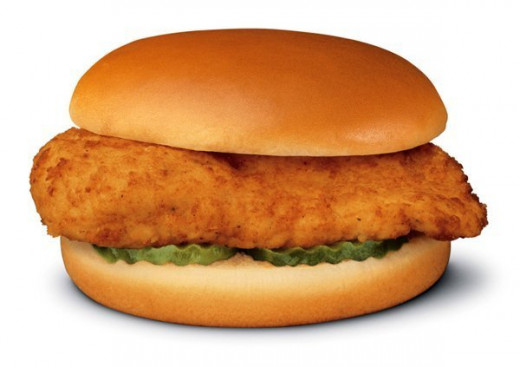
Calories
We all have a bad idea of what calories are; we see them as saboteurs who hides stealthily in food making our denims extra tight. But calories are the way to measure the energy potential in any food we consume.
The third type of energy supplements contains calories, usually carbohydrates (such as sugars), which your body can easily process and use as energy They’re in energy products like energy drinks(Red Bull, Lipovitan, Gatorade, Powerrade), energy bars (Snickers Marathon Energy, Kind Blueberry Pecan + Fiber, Kashi Go Lean Crunchy Chocolate Almond), energy creams as well as so-called enhanced waters. Moreover, most are high-glycemic index carbohydrates, can easily enter the bloodstream, spiking blood glucose and triggering a reactive insulin rise. The result? Eventually, these reactions lead to an increase in swelling and pain, along with adverse effects.
These are very good to athletes particularly those who might be halfway through a marathon. Easily absorbed carbohydrates can provide them the energy necessary keep going. After training, these carbohydrates help athletes to recover faster from an intense workout.
But just say you’re not running in a marathon? Will the amount of sugar in a sports drink deliver a boost after a day of working inside the office? Perhaps a little.
If there are various sugars in a product that can easily absorb, it could increase your blood sugar and energize you a bit. However that bonus-energy fades very quickly. As the blood sugar drops again, you’re likely to have a dozy feeling.
Regular use of high-calorie energy drinks and foods for an energy boost is a bad idea particularly if you don’t match it with physical exercise. Calories you don’t burn turned into fat. Having around extra weight can make you feeling less active.
Important thing: Are these supplements likely to boost energy? For athletes, yes. For other people, a few energy drink or energy bar might offer you a temporary blood sugar lift. Used regularly, it can contribute to excess weight and inflammation.
Keeping the right perspective
Keep in mind, if you’re experiencing extreme fatigue, it is best to consult with your doctor before starting taking an energy supplement to see if a disorder isn't causing your fatigue. After that, after ruling out a medical condition, below are some relevant questions to consider:
Is this supplement suitable for me? If you currently have an ailment or take daily medication, a few supplements might be unsafe. Be aware that we simply don’t have much information about their risks. They aren't examined and approved by the FDA, similar to drugs.
How effective is the result that this supplement gives the right energy-balance? Many of the energy supplements aren't reinforced by scientific studies. That’s not to state that they don’t produce energy, necessarily. It’s the fact that there haven’t been enough tests by some means.
Do you really need this supplement? A healthy and balanced diet should give you the important vitamins, minerals and essential nutrients your body needs. Are there deficiencies in your daily diet? If you have some deficiencies, try to treat the problem.
Finally, make sure you follow the suggested dosing instruction or get advice from your doctor or a dietitian. The attitude in the U.S.is usually, if some is good, more will be better. That’s not a fact when you’re taking supplements.

Boosting energy through healthy lifestyle
Although they may seem unusual compared with the current formulation of energy drink, there are many common ways to supercharge your energy.
Rest and sleep. Start with the basics: if you’re feeling overworked and having low energy, you should sleep more. Setting up good sleeping habits referred to as sleep hygiene by sleep specialists really helps you to get restful sleep. Sleep seven to eight hours a night. Quick naps during daytime for 20-30 minutes can also keep you feeling recharged.
Regular exercise. Absolutely, the proper way to have more energy is to include a more active daily routine. It might appear counter-intuitive, but exerting yourself makes you feel more energetic. One review examined 70 different tests of the effects of exercise to energy levels. The result? Above 90% of the findings revealed the same thing: inactive people who initiated an exercise regimen experienced less fatigue and become full of energy.
Consume a balanced and healthy diet. There’s absolutely no special energy diet. However for long term health, experts encourage a diet with many different healthy vegetables and fruits, whole grains, and lean proteins. Stay away from high-glycemic index carbs. Consume a good amount of beneficial fats, mostly monounsaturated fats such as essential olive oil and omega-3s.
The fact is that, not one of these are quick solutions. They require some patience and work. But they’re also the only solutions sure to help you in your energy needs. Although there’s absolutely nothing bad with the occasional energy supplement or basically, ventilate, they’re not a lasting way to fix your low-energy problem. For this, you’re left with the tiresome old truth.
You've been told about it before, to have a better health you should incorporate proper diet, moderation and eating varieties of healthy foods, and quality exercise.


